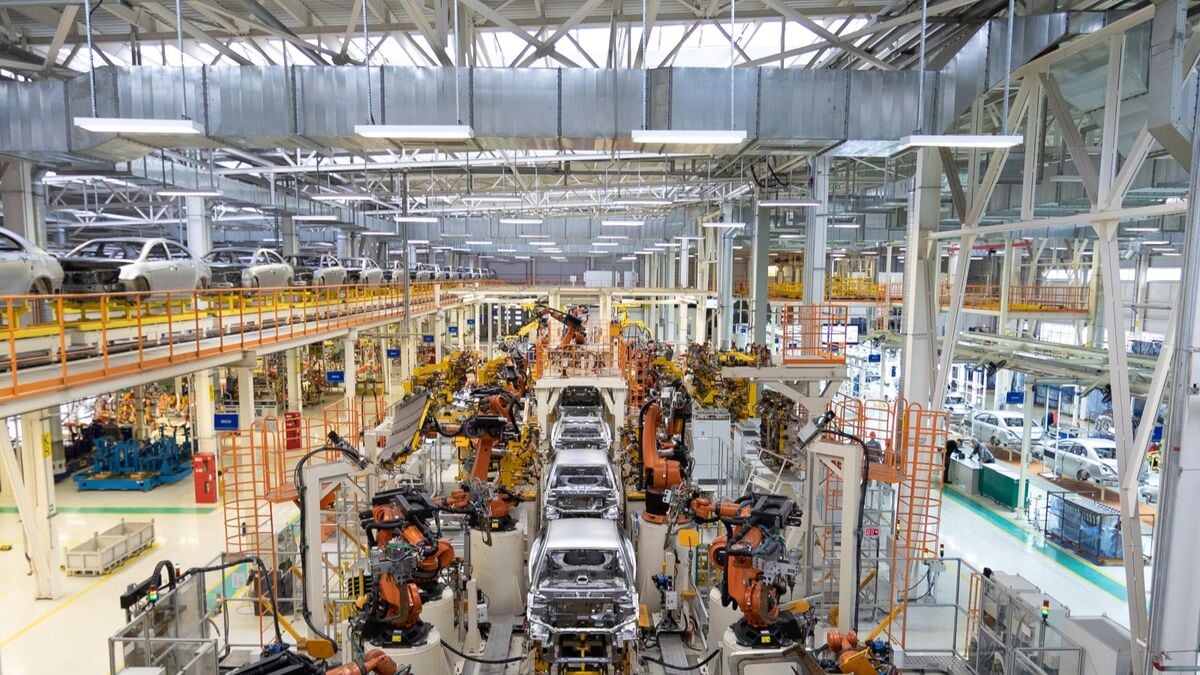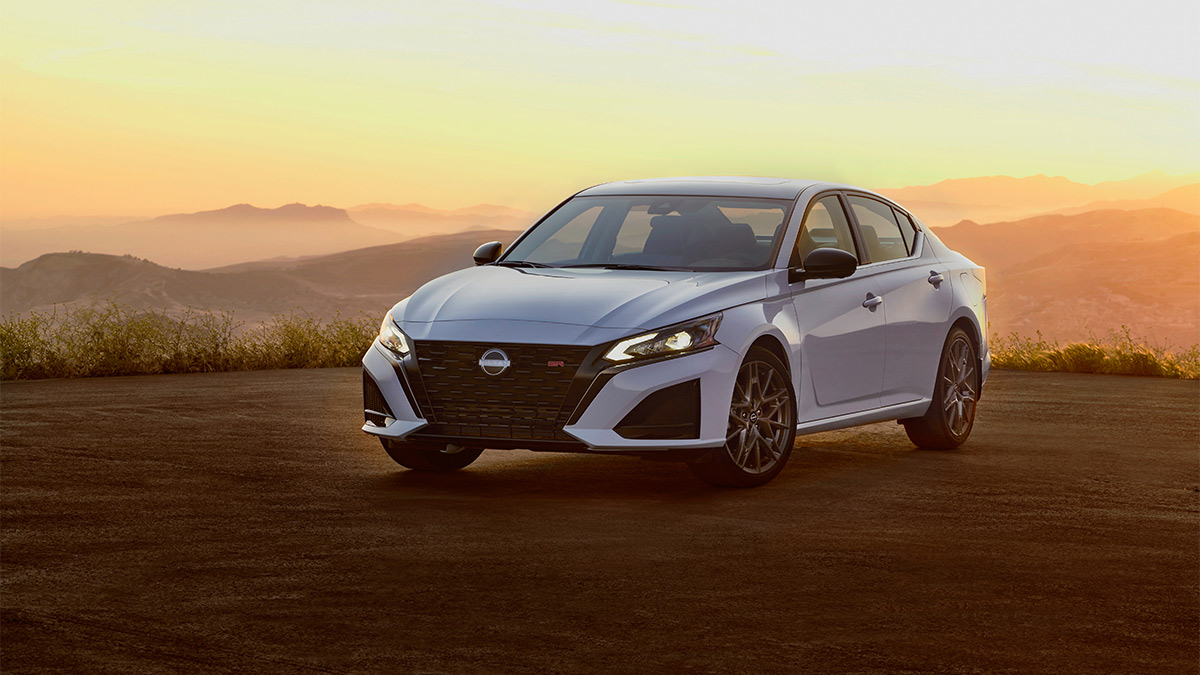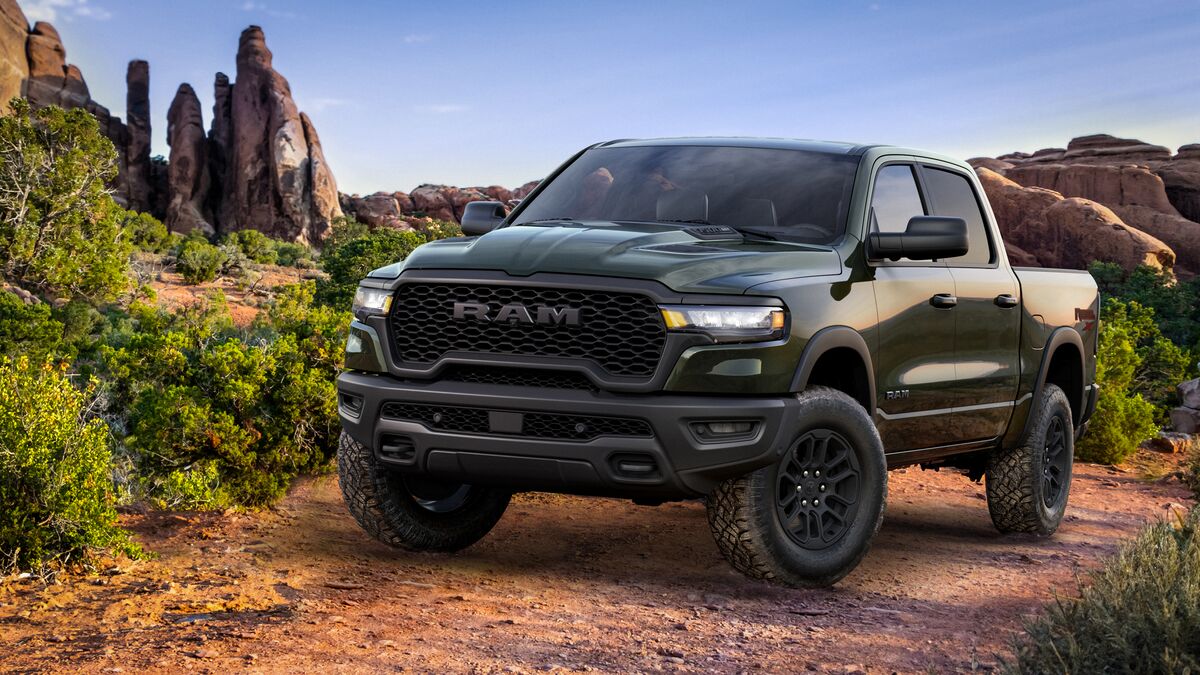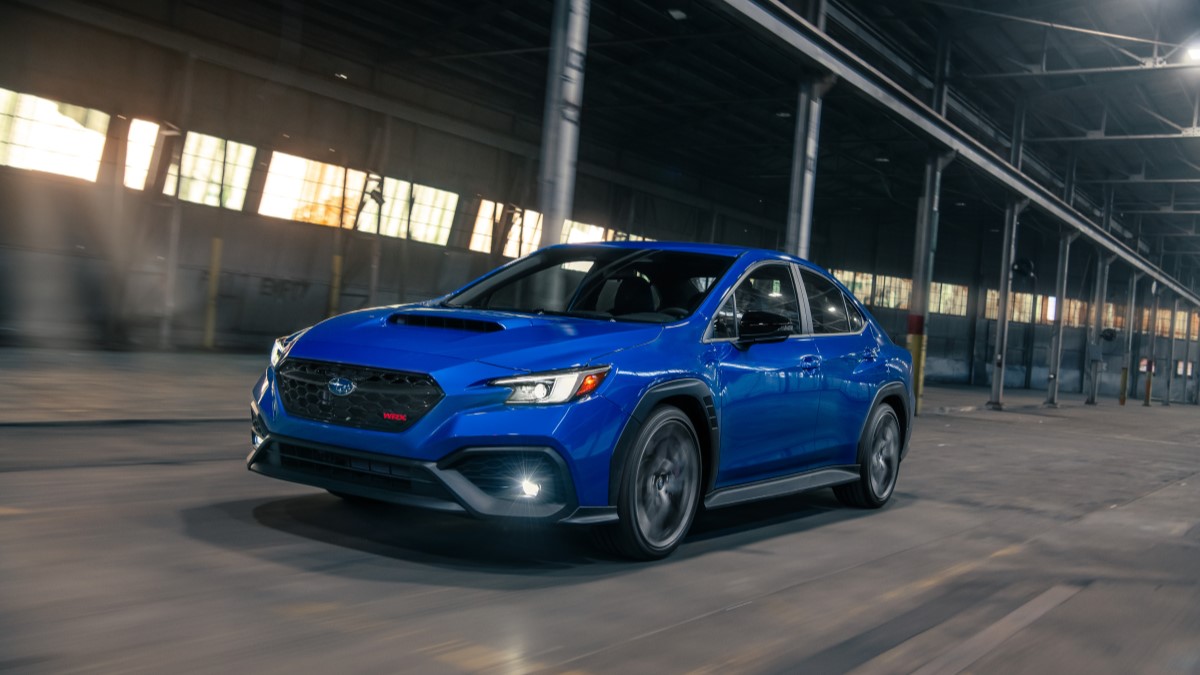- President Trump has threatened to levy a 100% tariff on imported semiconductors
- Today’s new cars contain thousands of the tiny chips
President Donald Trump last week threatened to enact a new 100% tariff on foreign-made microchips. The move, The New York Times reports, would exempt “companies that make a commitment to invest and build in the United States.”
“Our existing productive capacity in no way, shape, or form can meet domestic demand needs,” Jason Miller, professor of supply chain management at the University of Michigan, told Marketplace. The U.S. “makes just a third of the chips we consume.”
A tariff could hit the auto industry unusually hard, depending on how it is implemented.
A global microchip shortage in 2022 and 2023 pushed new car prices higher as automakers stripped features from some new cars to keep them in production with fewer chips.
Cars Use Older, Cheaper Chips in Bulk
- Some companies plan new factories for complex chips in the U.S.
- But automakers rarely use those. They need old designs made overseas
Today’s cars often contain thousands of the tiny semiconductors. They power everything from engine timing to power window switches.
The auto industry often relies on many older, lower-power chips capable of performing simple functions. Chipmakers typically build those at older factories in Asia. Newer factories planned for the U.S. focus on high-power chips used in artificial intelligence (AI) or high-end digital devices.
That may change in the coming years. Some startup automakers like Rivian have pioneered car designs that rely on fewer, higher-power chips. Volkswagen Group, the planet’s second-largest automaker, made a $5 billion investment in Rivian to get access to that design for its future cars.
For now, automakers litter most car designs with thousands of low-powered chips made overseas. A tariff doubling their cost could stack on top of other auto industry tariffs that threaten to push new car prices higher.
Trump often makes broad pronouncements only to see the rules and regulations that execute his ideas narrow their scope. Yahoo Finance notes, “Automakers may be partly shielded under existing exemptions to overlapping trade duties.”








